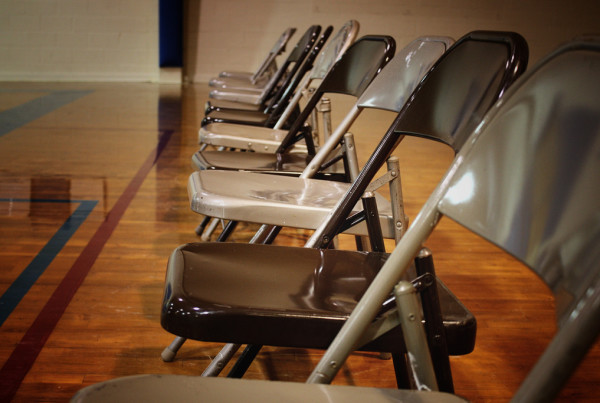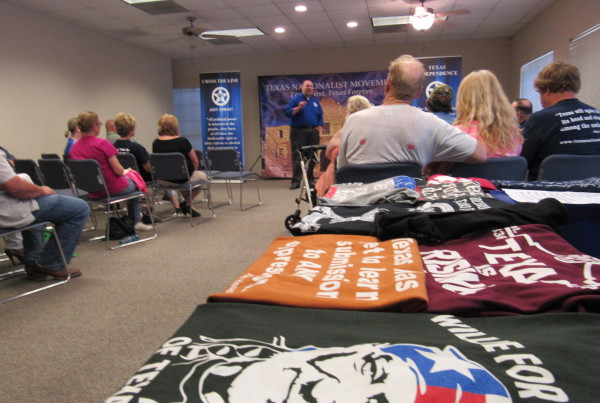A U.S. District Judge has ordered the release of women and children being held at detention centers in Dilley and Karnes City, Texas.
It’s a major blow to the Obama administration’s policy of dealing with a massive influx of mostly central Americans crossing the border last year. Both facilities are run by private companies under contract. Both have come under fire from members of Congress and advocacy groups who are concerned with the centers’ conditions and seemingly indefinite hold times without hearings.
The Standard speaks with Kate Lincoln-Goldfinch, a Texas-based attorney who specializes in immigration and has been working some of the detainees.
Even though the judge ordered the release, no one has gotten released just yet, Lincoln-Goldfinch says. “On Aug. 3, the government needs to either state whether they are going to comply with the order within 90 days, or if they’re not going to, why they can’t do it.”
The Obama administration was opposed at first, but she says the government’s position on family detention has been “whittled away and whittled away.” It looks as though these family detention centers are going to be shut down, Lincoln-Goldfinch says.
Skeptics say that mothers could still be detained, and that their children would get sent away to a relative or a sponsor. But, Lincoln-Goldfinch says she doesn’t see that as a possibility.
At the heart of this ruling is the 1997 settlement Flores vs. Meese, a settlement agreement that “governs the detention of any minor in federal immigration custody,” Lincoln-Goldfinch says.
The settlement holds that children should be held in the least restrictive setting possible, be released as quickly as possible to a parent or legal guardian and are held in a licensed facility.
But District Judge Dolly Gee ruled all of those points have been violated, Lincoln-Goldfinch says. “The government’s no bond policy has been a violation of the least restrictive setting possible. These children are not being released to a parent or a legal guardian and these facilities are not licensed,” she says. The facilities are also run by private prison companies, like it’s what she calls the “Correction Corporation of America.”
For the detained families, bond hearings have already begun. Miami-based immigration judges could start bonding out the held families sooner than the court mandated date, Aug. 3, Lincoln-Goldfinch says.
Though the Obama Administration has been opposed to getting rid of these family detention centers, Lincoln-Goldfinch doesn’t see them trying to fight the order. Their argument says that the order only applies to unaccompanied minors, Lincoln-Goldfinch says, “but the settlement clearly says all minors in federal immigration custody.”
The Administration has already backed off and it’s unlikely that they’d extend more resources to trying to regulate family detention, Lincoln-Goldfinch says.
“The public outcry has been too much.”















